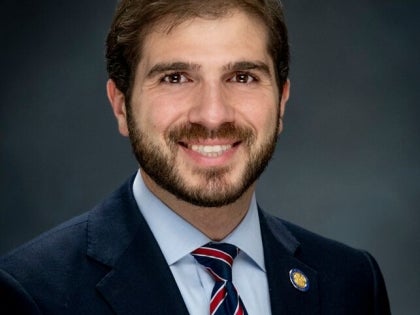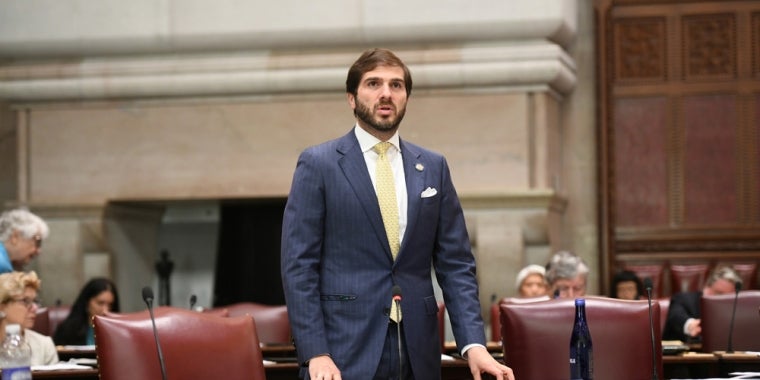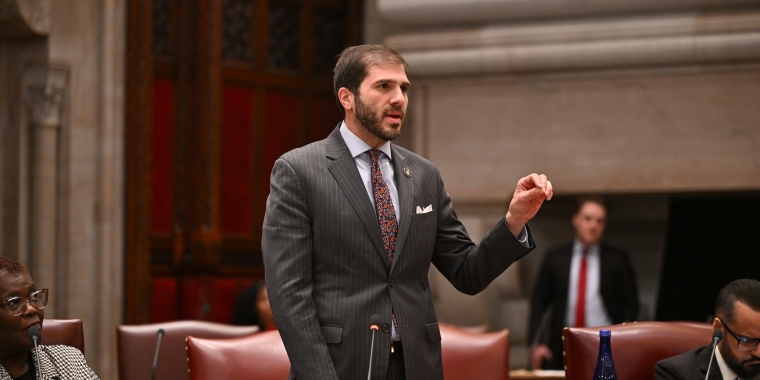
NYC’s Proposed Property Tax Reform will have ‘Winners & Losers’
New York City Officials have been working to release a sweeping overhaul of the property tax system, which would mean changes for 90% of homeowners. Residents such as Mayor Bill de Blasio, who owns properties in Brooklyn’s Park Slope, face weighty property tax increases while many in the Bronx, Queens and Staten Island would benefit from tax cuts. “There are going to be winners and losers,” said Marc Shaw, chair of the commission which rolled out the proposal.
As reported by the NY Post, on Thursday, the preliminary report on property tax reform was released, by the Advisory Commission on Property Tax Reform, after being mulled over for close to two years.
The commission was launched after a still-pending lawsuit was filed by plaintiffs who claim the current system is unfair. The suit points to the owner of a $9 million Carrol Gardens, Brooklyn building saying he pays the same $4,300 in annual taxes as the owner of a $500,000 Elmhurst, Queens, split-level home. And so the overhaul began. The last time that the infamously opaque property tax system was reviewed by a government commission was in 1993. An actual change in the code would require state legislative approval which may take another few years. Those changes would then be eased into place over five years with gradual annual increases capped at 20%.
The reform would bring tax breaks for low-income residents, as opposed to owners who don’t live in NYC year round. All residential properties, including single-family homes, co-ops, condos and small rental buildings, would be treated the same for tax purposes, bringing “simplicity and fairness to the system,” according to Shaw. Currently, co-ops and condos are taxed at a higher rate. Additionally, properties would start to be taxed at their full-market values rather than the current method of calculating payments via a complex valuation derived from the assessed and market values. In a nutshell, high value home owners will start paying “significantly” higher taxes, while low-end condos and co-ops in the Bronx will get a massive property tax relief. One percenters, at the very top of the property ladder, will be hit especially hard. For instance, the owner of a $100 million penthouse at One57, must have paid roughly $500,000 in property taxes last year, but under the proposed reforms he would be charged $2.5 million, Shaw said.
“I applaud the commission for its work – but it’s not done yet. The commission should brief the legislature on its recommendations and give us a roadmap with specific details so we can finally take action after 40+ years of inaction,” said Sen. Andrew Gounardes (D-Brooklyn), noting that crucial issues still need to be deliberated.
Martha Stark, Policy Director for Tax Equity Now New York said the commission’s report and recommendations “expressly recognize that the current system is unfair, opaque, and arbitrary.”
“As such, the commission’s conclusions vindicate many of the criticisms that led us to bring suit 3 years ago,” Stark said. “But talk isn’t enough. Commissions have come and gone in the past with no action. And the commission’s recognition that the current system is deeply flawed makes even more critical that New York’s courts should rule on TENNY’s claims, and thereby provide crucial guidance on what the law requires – guidance critical to achieving the reform the report makes clear is essential to achieving a property tax system that is transparent and just,” said Stark.


